What is the Isolation
That determines our lives
Boozhoo, indinawemaaganidog! Aaniin! That is to say hello, all of my relatives! Welcome to another edition of An Irritable Métis. Given that sometimes these intros are as long as the actual post this one will be unprecedentedly short.1 In fact, I think all I will do is remind you we are still taking registrations (I think) for my four-week April zoom workshop Rewilding Bodies, Rewilding Writing via the Freeflow Institute. Also, we aren’t taking registrations yet (I don’t think) but the July in-person workshop – this year on the Missouri River – called Good Ancestors has officially been announced! I’m stoked for this one. You may check out the details HERE. If you’ve ever considered taking one of these trips with me, with us, if you can swing it this will be the one to spring for. We will paddle right through the heart of landscapes that were key to the lives of generations of my ancestors largely – for me anyway – for the first time. After all, when Joseph Kinsey Howard wrote in his timeless 1943 classic, Montana: High, Wide, and Handsome: “First settlers along the Missouri were the half-breed trappers, who feared nothing on earth,” he was talking largely about my people; I mean of course the Métis, or as we were known among the Plains Cree, the Otipemisiwak, the people “that rule themselves.” Suffice to say, this trip will be epic. You can expect more about all this in the coming weeks and months.
As always, I deeply appreciate all of you who make time for my writing and support me. If you value what happens here, please consider a paid subscription. That’s what makes it all happen.
This newsletter has been slow in arriving, both to my consciousness and to your inbox. If fact what I’m writing now isn’t what I have been aiming for over the last week; that subject will hopefully arrive next time. And probably the one after that too, given how much I’ve cut and set aside. This direction came to me as I stared at a blank screen; it whispered urgently in my ear while I was trying to focus on a different route so I listened … and here we are.
I had a particularly busy few days that left me played-out so much that I’ve yet to entirely catch back up to myself. It only takes a couple extra things to push me into an energy deficit and the things I agreed to participate in were certainly that: extra things. They were all good things and I am not complaining! I just misjudged my capacity for what I am socially capable of.
The week began with a multi-hour one-on-one social event on Monday with someone I didn’t know but is now a friend.2 Embarking on an unknown like this is perilous but this one turned out wonderfully and I am grateful. Tuesday I spent prepping for and bloviating through two online workshops. Again, wonderful opportunities with excellent people and I am so grateful I am allowed to do this work. But it’s also a lot of talking and being “on” and there is an energy price to ultimately be paid once the vibes wear off.
If that had concluded my week I’d have been fine. But I woke up early Wednesday morning facing the larger looming responsibility of the week: two full days teaching 100+ kids across seven classes, not to mention 4ish hours of driving time. I went into those classes lagging and came out the other side … spent. There are certainly personality types that would revel in all this activity but mine is not one of them. Now, a couple days removed and reflecting on them – with the help of other thoughtful friends – I’ve realized a couple things, mostly related to the idea of community … and loneliness.
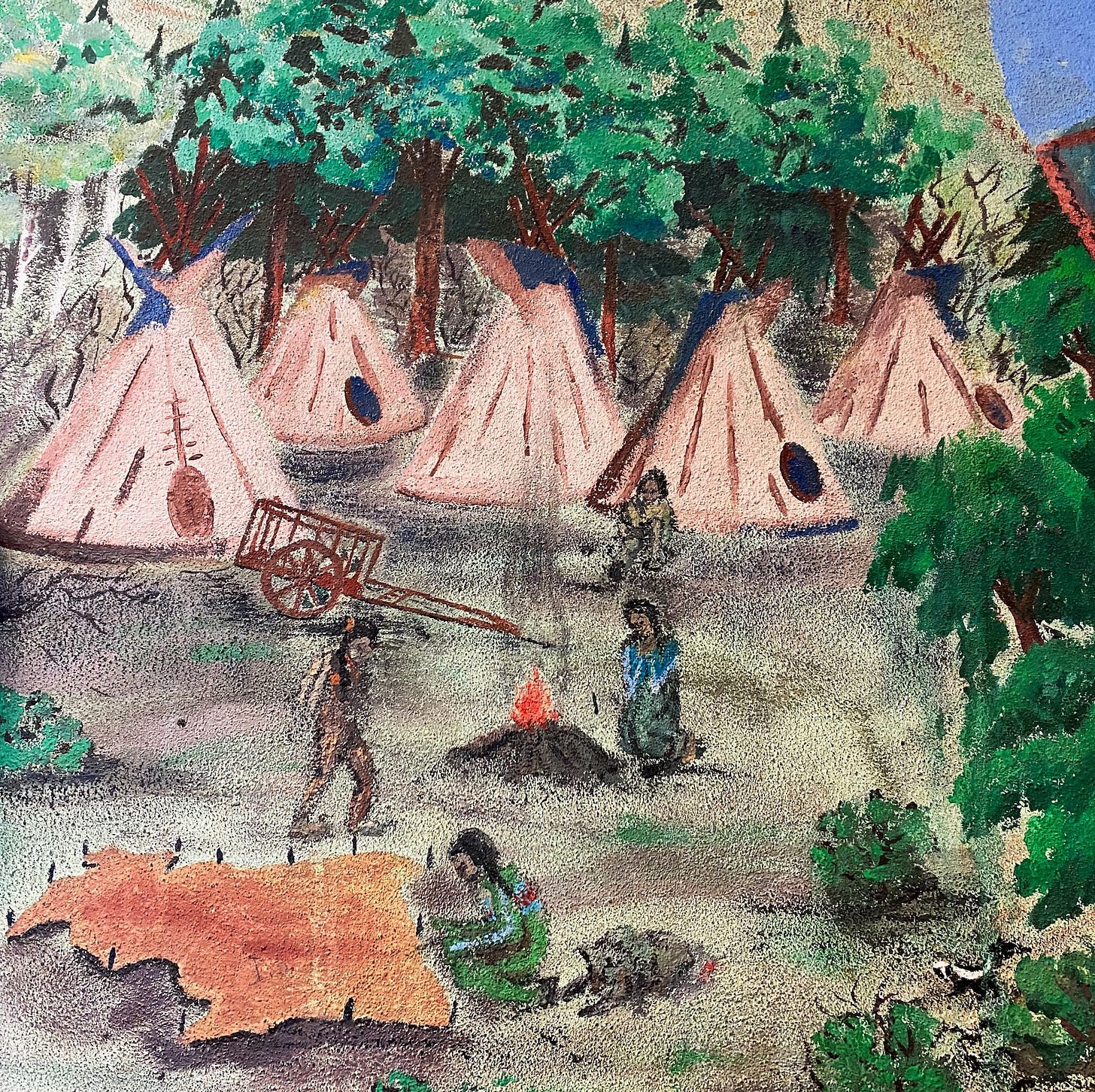
My friend Holly writes a smart, heartful, often vulnerable newsletter called Recovering. I love what she does with it and even though our subjects tend to differ, there is a ton of emotional overlap. For example she posted a piece in the midst of all my scrambling that particularly grabbed my attention. First, this excerpt:
Since leaving college, I have not had a group of people, a gaggle, a flock. I kid I’m a lone wolf, that this is some kind of choice I’ve made and it’s just how I am, but that’s not the truth. The truth is I’m a lonely wolf who cannot figure out how to create a sense of community for herself in the actual course of her non-working life. I spend most of my time by myself.
I deeply relate to this single paragraph. I think I have fewer close friends now than at any point in my life. I socialize less, at least casually, and not holding a post as a part-time employee in a public place means I am not in the wider community even a fraction as much. As Missoula’s downtown morphs and becomes more and more unreckognizable to me I find myself less and less willing to even venture into its spaces. I miss the close friends I had there but I don’t miss what being trapped in retail interactions with strangers can inflict on a person. Post-Covid – or what we call this world we are in, because we certainly aren’t post-anything when it comes to Covid, except maybe being rational about any of it – I’m just not interested in doing a lot of the things I did before either.
More from Holly:
Creating intimacy with people one-on-one is effortless for me. I make friends easily, and I always have, because it doesn’t feel risky to me, it’s always felt natural to be close, to be known, to be a friend. But having a group of friends, and figuring out how to create and maintain a community of people I belong to, feels like it’s some kind of herculean task I’ll never get right.
This is what makes me pause and consider where I am in my life as a social person. I make friends easily too, or at least friendly acquaintances. There are many, many people that, if I refer to them in conversation, I describe as being “my friend.” And I mean it when I say it because they are! But not to the degree necessarily that we hang out, know each other’s personal stories beyond surface stuff, etc. I’m okay with that. I think I get more than enough social interaction to retain my humanity and my open heartedness and my general love for my human relatives. There is a fine line between just enough and too damn much, isn’t there?
I’m an active contributor to many human communities too. This newsletter is one of the communities. The kids and the teachers in those schools on the rez are a community. All the folks involved with the various Freeflow activities are a community. Folks from a couple of the conservation organizations I’m involved with are a community. Even the Poetry Forge crowd is becoming more of a regular community I interact with beyond the workshops themselves.
These are just some of my communities and I love them and yeah, they can be exhausting too.
Most of my communities are seasonal and short-lived. An example would be the community of 30ish students I was part of while teaching the storytelling class at the University of Montana last fall. While many of them are still part of that community as their education continues, now that my involvement with them has ended I’m no longer part of it. And that’s fine. I loved it while it was happening. I miss seeing them week after week but the initial raw edge of that has softened. I’ve been in contact with a couple since and that may or may not continue; I hope it does. I also know that come next fall I’ll probably do it all over again, with a new room full of students, and I expect it will be just as energizing.
Freeflow, which used to mostly be a summer thing, has become a year-round interaction and I love that. I love scheming new adventures with Chandra. I love the efforts we are making. And I realize that most of the people whose names occasionally pop up in my email, or via text message, are people I’ve met through those interactions. They make my life better.
Finally there are the seasonal, yearly residencies teaching on the reservation. They are the most challenging too, if only because I feel like the stakes are higher. They are a small part of my year but a huge part of my life.
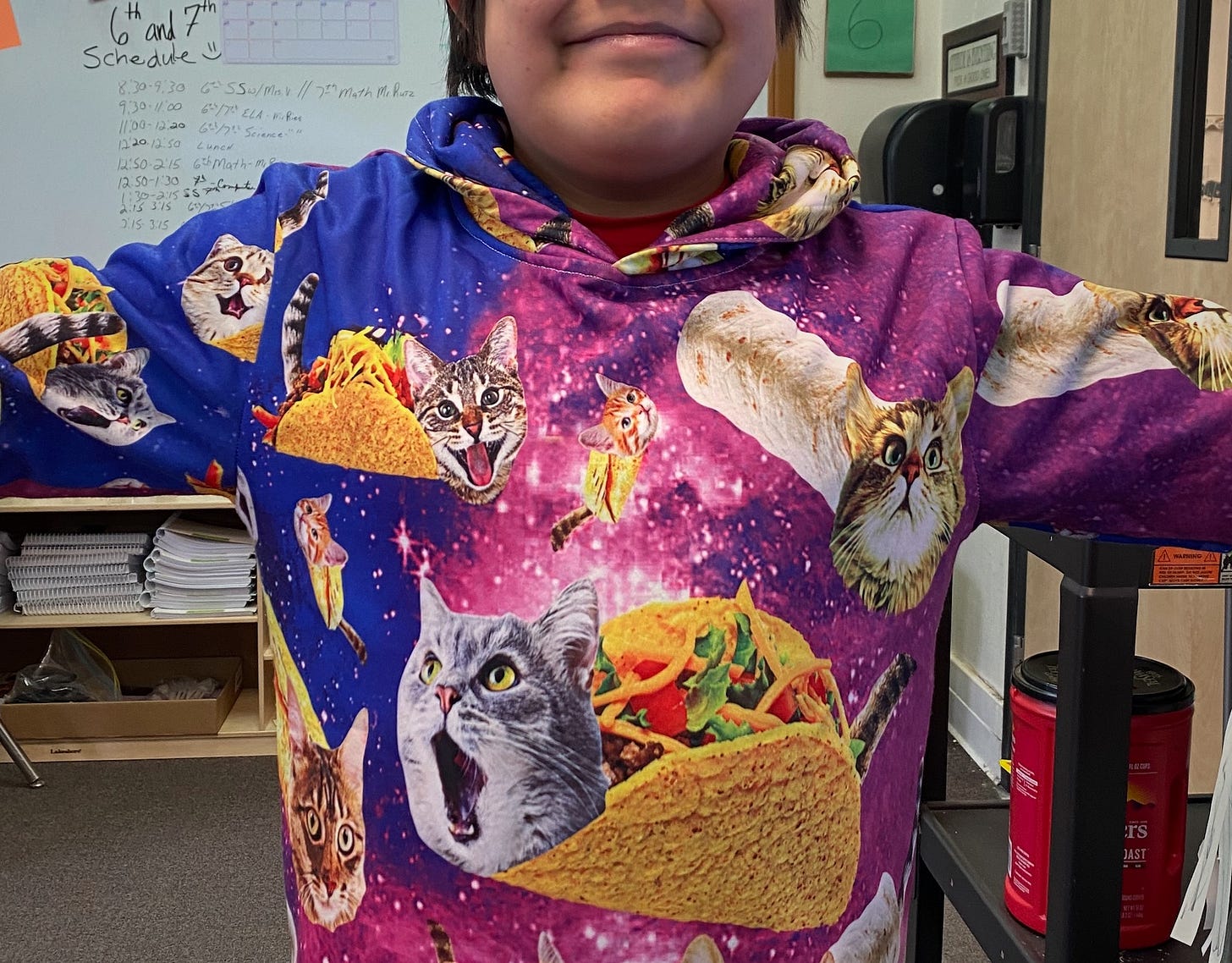
“Now and then, especially at night, solitude loses its soft power and loneliness takes over. I am grateful when solitude returns.” — Donald Hall
I do struggle with loneliness. I don’t think it’s for more close relationships though. Unlike Holly in her musings, the thought of inviting people into my private spaces makes me queasy. These spaces are my sanctuaries where I retreat to replenish the energy I need to participate in the world. I’ve long talked about being of a mind to have some remote cabin somewhere I can hide out in and I still want that, possibly more than anything else … but I don’t want to be a full-time recluse. I still want to participate in the world, even if my idea of what that looks like might be different from other people’s. I’d love to have more opportunities to have others come sit with me at my fire … but just maybe not at my hearth. I hope that makes sense.
The community that brings me the most lingering loneliness, interestingly, is the one I struggle hardest for: the Indigenous community. I’ve been able to establish few ties with any Indigenous people, Indigenous organizations, etc. There are reasons I recognize for this difficulty and respect them. So I keep trying. My loneliness then is more one of being in solidarity with people.
Most of my efforts in the communities I do participate in feel like a case of swimming upstream, hoping to inspire a few people to join me. There is a fair amount of solidarity of ideas but less so of action. I’m as guilty as anyone in not walking the walk, and the loneliness comes in the struggle to do so without what feels like any real idea of what we can even do about anything. It’s hard to do more than just stand around wringing our hands when there is so damn much to wring our hands over! The loneliness comes with the desire to just say to hell with it and be swept away by the current along with everyone else, even as so many are drowning downstream, with the systems of power doing everything they can to push as many heads under the surface as possible and keep them there.
Thinking about this conundrum, and writing about it, is an act that happens largely in solitude. I’m still doing it, still trying to hone my focus. That’s what I meant earlier about the other post I’ve been thinking about, which is yet to come. And like with Donald Hall, in the quote featured above, that is when the loneliness can bubble up from out of the solitude. So far it has always passed and I’m back to solitude. A place I actually enjoy. There are candle flames to stare at, stars to name, birds to watch come and go from outside my window. What’s not to love about that?
Perhaps some of us are meant to be lonely in some ways. I think being lonely some of the time might even be good for us. I don’t know if I could handle always being fulfilled. We all need a dragon to fight, a ring to destroy, whatever … don’t we?
"There are always meaningful songs for somebody. People are doing their courting, people are finding their wives, people are making babies, people are washing their dishes, people are getting through the day, with songs that we may find insignificant. But their significance is affirmed by others. There’s always someone affirming the significance of a song by taking a woman into his arms or by getting through the night. That’s what dignifies the song. Songs don’t dignify human activity. Human activity dignifies the song." — Leonard Cohen
One of the things all of my communities have in common is story, and that gives me a lot of hope.3 The sharing of stories. Sharing stories is how we make change. Which is why I love the Cohen quote. He’s talking about songs and music but it really relates to any kind of art. As creative people, whether we call ourselves artists or not, whenever we put our efforts out into the world they aren’t just ours anymore. They belong to the people we share them with. We can change each other through stories, through the sharing of our stories. Or if not change, at least make another person feel a little better, a little less alone. Even if that makes us a little uncomfortable sometimes. Human activity dignifies our stories, whatever they are.
That is the encouragement I offer to my students, whether they are fourth graders in a desk or graduate students on a university campus or retirees sitting around a campfire: sharing our stories is what draws us together, what creates our communities. When someone like me, or Holly, or any of you, write something, we are able to create a bond, a connection, with people who wouldn’t otherwise ever have understood that we are all in this together. That no one is acting alone. There is all the power in the world in that.
And Finally….
This showed up two days ago in the book of poetry I’m currently reading, Dream Drawings: Configurations of a Timeless Kind by N. Scott Momaday. It’s arrival influenced what I am writing today. It sums up perfectly how stories, when shared, make the listener as much a part of the event as the person relating the story. Or they can, anyway, if we listen. In these moments time, if it’s ever really even moving at all, stops….
Miigwech, my relatives, for reading. Hug a beloved today, and smile at a stranger as if they are a long lost cousin … because they are.
It started out that way anyway….
This encounter sprang from the silent auction last fall to raise funds for the Freeflow Foundation and its ability to offer scholarships to people who might not otherwise be able to participate in Freeflow events; this person was the high bidder on an auction item that won her signed copies of both of my books and a trip to Council Grove in my company. Most importantly, her efforts made a big contribution to the Freeflow efforts and I love how it all played out.
I always qualify “hope” by claiming not to be “a hope guy” but fuck it. What else is there to call it? I’m going all in with it now.

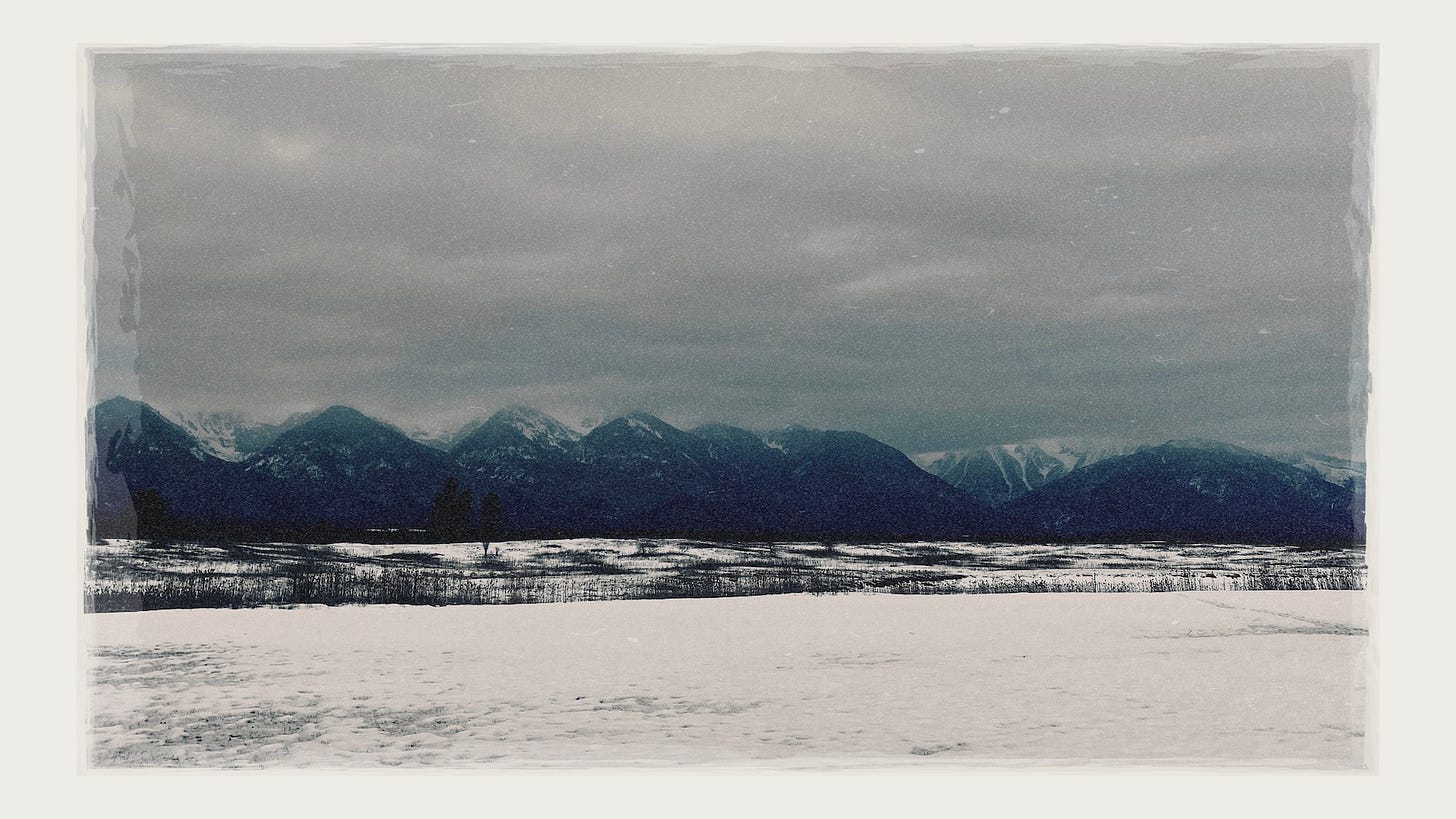
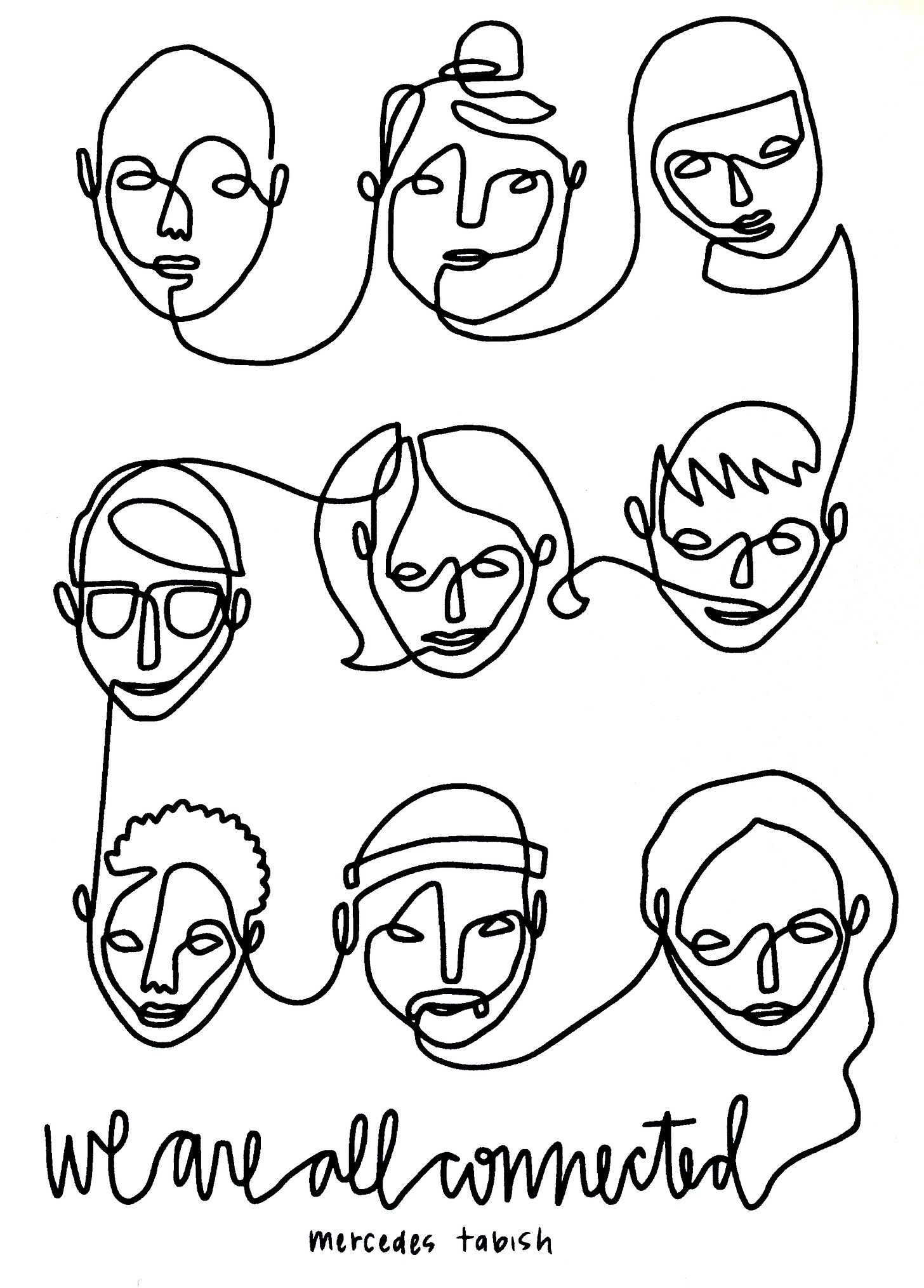
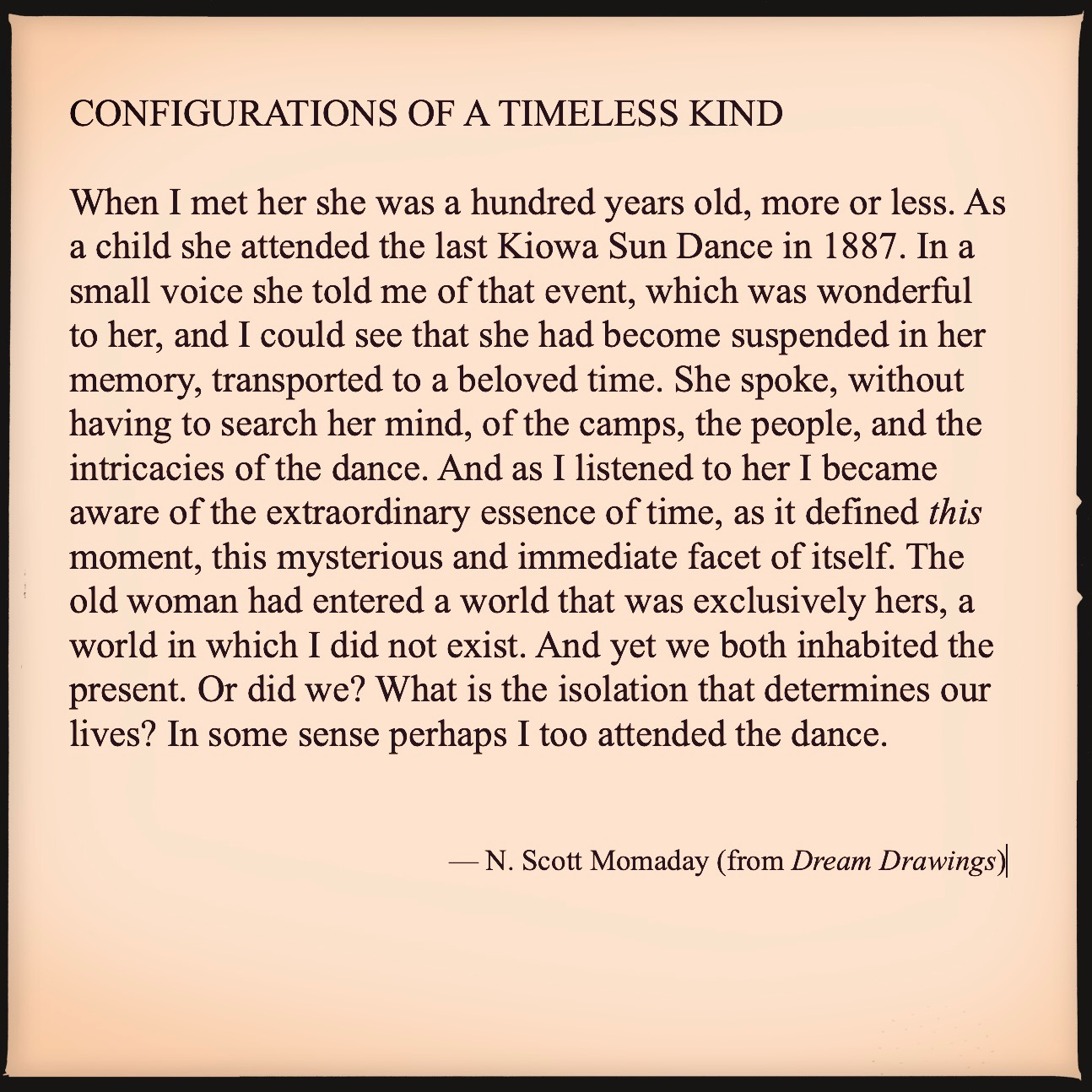
I relate to this. The funny thing is I was just saying I haven’t felt lonely since the pandemic started - I’ve been anxious. I don’t miss all the things I used to do in person in the name of connection. In fact, I felt more lonely then. Maybe because I was doing things for connection but they weren’t making me feel connected. It’s really hard for me to open up in person, I tend instead to try to make sure everyone is OK. And so I have found connection online because I can relax and be connected. But then I find myself wondering, are these connections I’ve made real?  I sometimes feel anxious that I’m not building community. I’m rarely in person with anyone, outside of physical therapy and my family.  I get super nervous about being in person with people now, but then, when I am, I find myself feeling less anxious for a little while. It’s all very hard to figure out.  I know for certain I don’t want to be alone all the time.
I read this post carefully and felt it right to the marrow in my bones. Earlier I have mentioned that I spent six years in a 12x12 cabin on the Blackfoot River a few miles upriver from Bonner. The solitude was exquisite. I am a pro at being alone, but I am also a pro at being a social animal. In my cabin days, I brushed up against insanity and debilitating depression. The reason I had sequestered myself was to provoke my fate, to face my demons, and at last to cast them out of me with the hard-won confidence earned by throwing myself into the world of risk. Slowly but surely, courage replaced exasperation. I am thankful that my friends and family were always there for me. They understood my self-styled rite of passage.